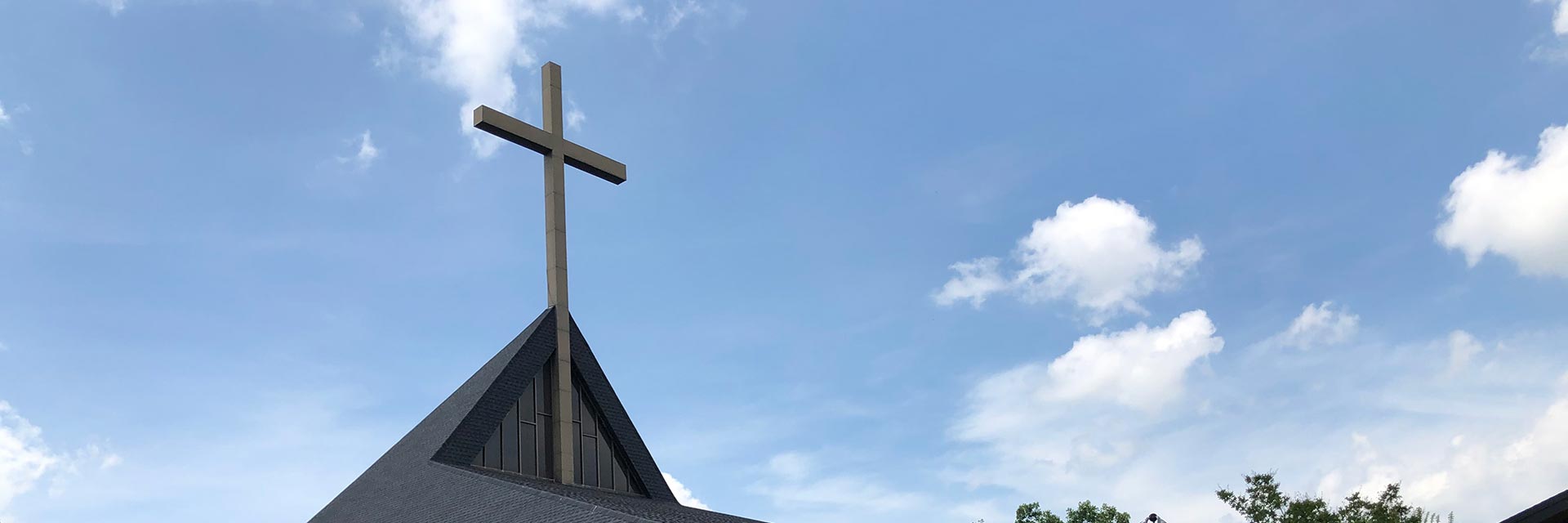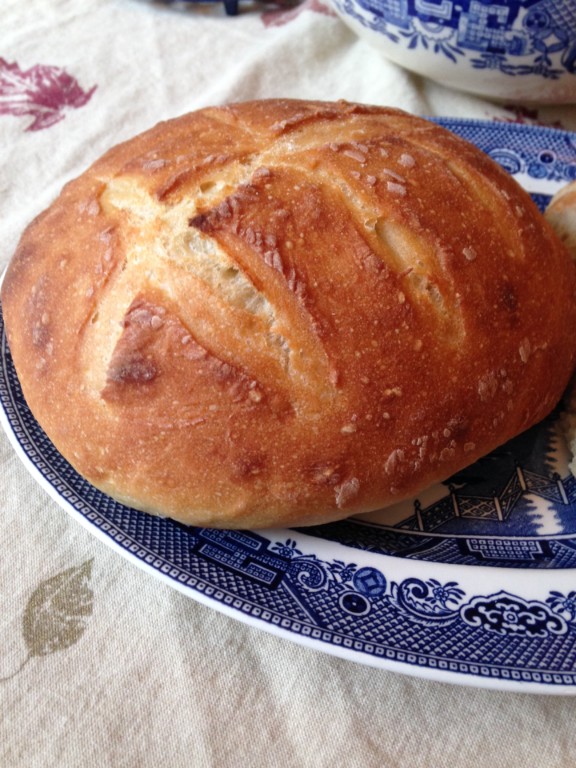
Gospel Reading John 6:27-40
27“Do not work for the food that perishes, but for the food that endures for eternal life, which the Son of Man will give you. For it is on him that God the Father has set his seal.” 28Then they said to him, “What must we do to perform the works of God?” 29Jesus answered them, “This is the work of God, that you believe in him whom he has sent.” 30So they said to him, “What sign are you going to give us then, so that we may see it and believe you? What work are you performing? 31Our ancestors ate the manna in the wilderness; as it is written, ‘He gave them bread from heaven to eat.’” 32Then Jesus said to them, “Very truly, I tell you, it was not Moses who gave you the bread from heaven, but it is my Father who gives you the true bread from heaven. 33For the bread of God is that which comes down from heaven and gives life to the world.” 34They said to him, “Sir, give us this bread always.”
35Jesus said to them, “I am the bread of life. Whoever comes to me will never be hungry, and whoever believes in me will never be thirsty. 36But I said to you that you have seen me and yet do not believe. 37Everything that the Father gives me will come to me, and anyone who comes to me I will never drive away; 38for I have come down from heaven, not to do my own will, but the will of him who sent me. 39And this is the will of him who sent me, that I should lose nothing of all that he has given me, but raise it up on the last day. 40This is indeed the will of my Father, that all who see the Son and believe in him may have eternal life; and I will raise them up on the last day.”
Jesus told the apostles not to work for their daily bread, and the suggestion must have mystified them. They worked for the food that perishes, and so do most of us today. We can feel fairly confident that we’ll get our daily bread if we work for it, but things were less certain in the days of the apostles.
So once they were thinking about food, their minds went to the miracle of manna in the wilderness — the daily food God gave to the people of Israel, keeping them alive when their situation seemed hopeless.
That, the apostles suggested, was a good miracle. Why wasn’t Jesus providing that kind of convincing sign?
They didn’t remember at that moment that the people of Israel weren’t satisfied with manna. They grumbled that they had eaten melons and cucumbers in Egypt. They thought they might have made a mistake in following Moses.
Jesus told the apostles that he was the bread of life. The bread, in fact, of eternal life.
If during Lent you’re giving up some of the foods that you usually love, this is a passage to meditate upon. Maybe you’re not eating meat right now, maybe you’ve stopped enjoying sweets, maybe you’re eating more simply to free up funds for charity. Whatever Lenten discipline you may have taken on, Jesus still offers you the bread of life.
Lord, satisfy me with the bread of life, and help me to keep the will of Him who sent You foremost in my heart.


